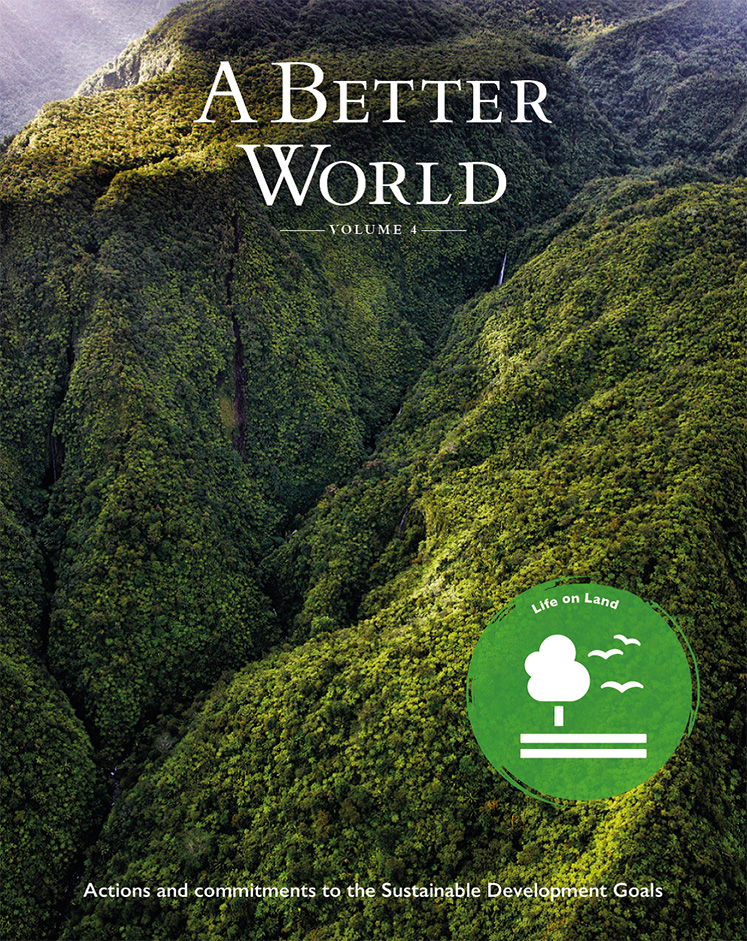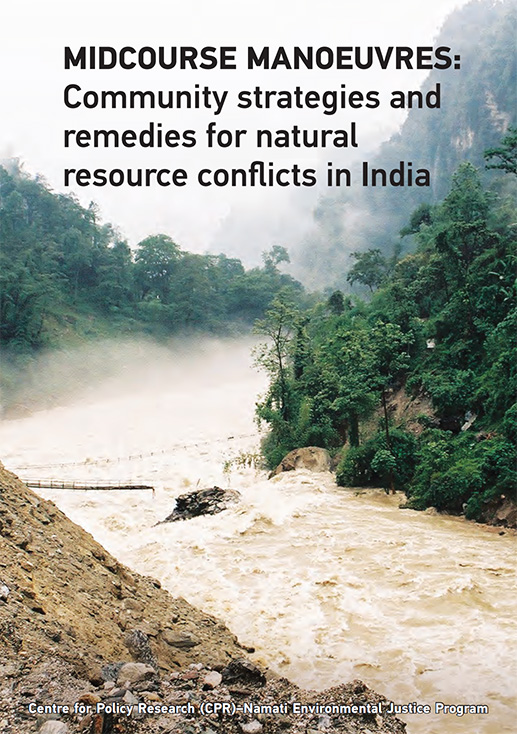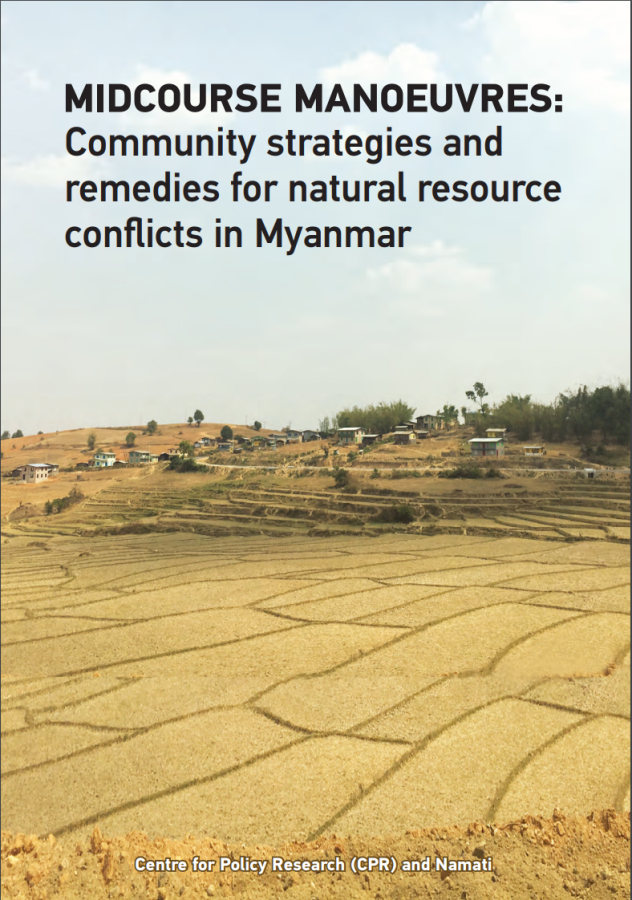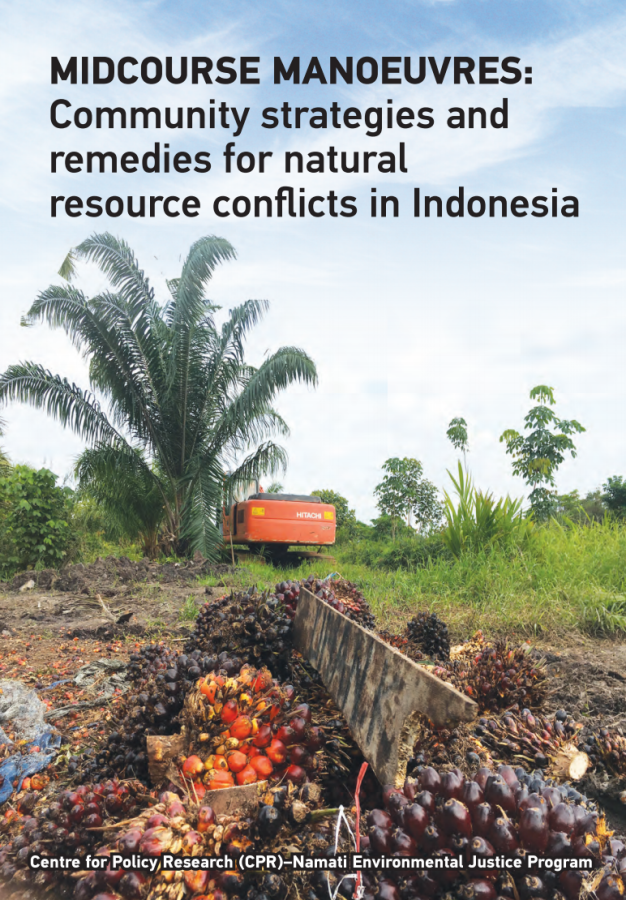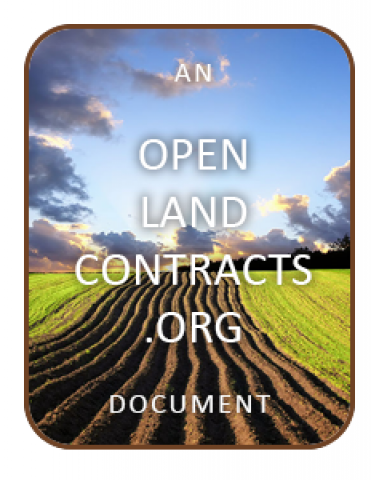Land Policy and Institutional Support (LPIS) Project. Customary Land Tenure in Liberia: Findings and Implications drawn from 11 Case Studies
Includes land use and livelihoods, rights and rules governing land use and natural resources, women’s rights to land, local governance institutions in Liberia, disputes, dispute resolution mechanisms, sources of tenure security and insecurity, community recommendations, policy recommendations.


